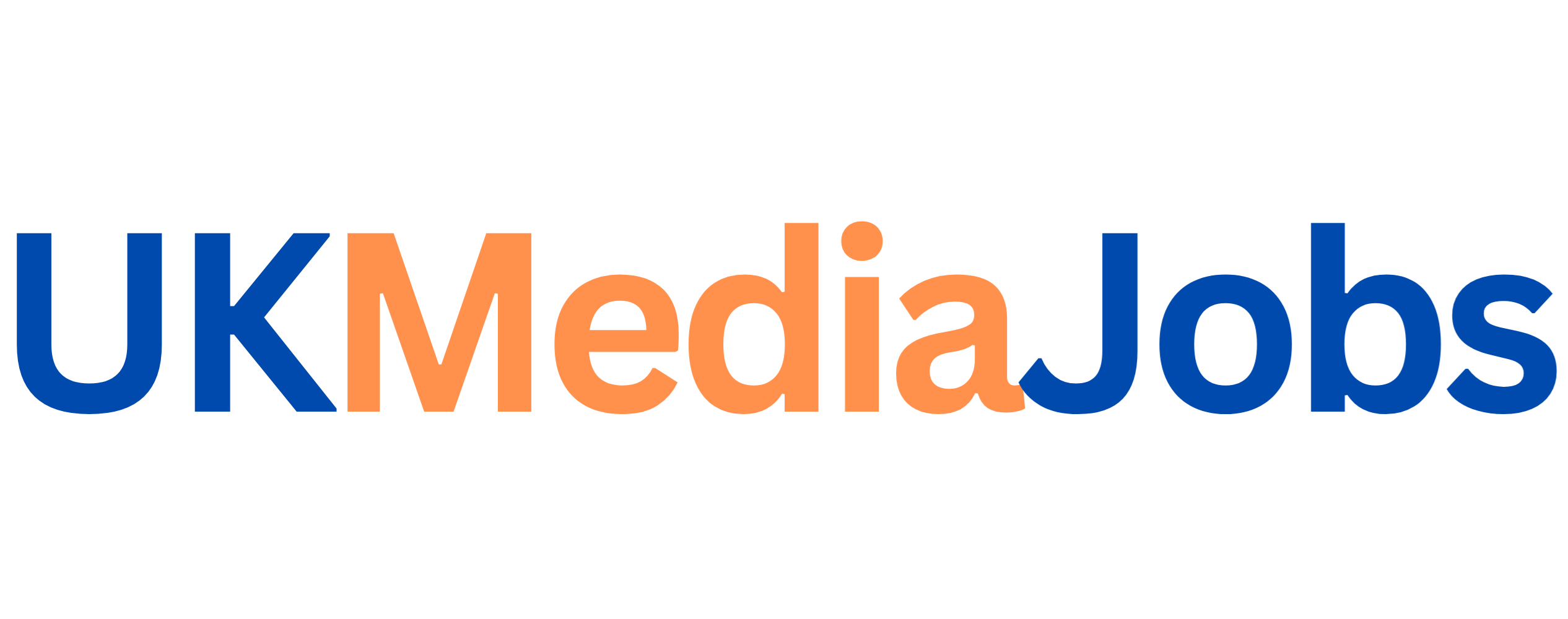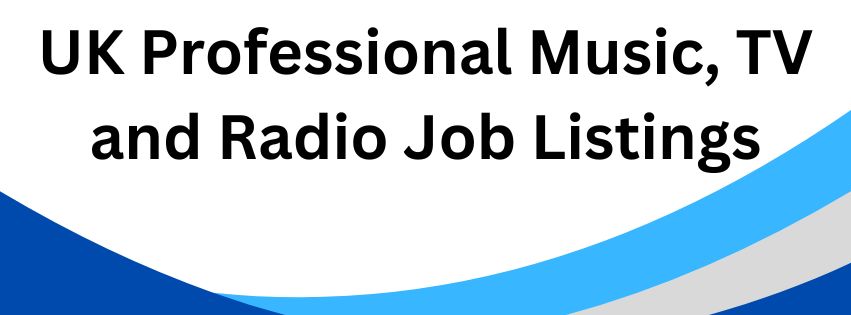Interview Skills Guide
Whether you're applying for a traditional in-office role or a remote position, excelling in job interviews is essential. Below, you'll find a step-by-step guide to mastering interview skills, along with specific tips for remote job interviews.
1. Preparing for the Interview
Preparation is key to reducing anxiety and increasing confidence during interviews. Here's how to get ready:
1.1. Research the Company
- Understand the company’s mission, vision, and values. Review the company’s website, social media accounts, and recent news articles to gather information.
- Know the products or services. Understanding what the company does and how they make money is crucial.
- Familiarize yourself with the industry. If the company is in a niche sector, learn about industry trends, competitors, and challenges.
- Check the company culture. Glassdoor reviews or employee testimonials can give insights into the work environment and values.
1.2. Understand the Job Role
- Read the job description carefully. Highlight key responsibilities, required skills, and qualifications.
- Prepare examples of your past work that align with the skills needed for the job. Use the STAR method (Situation, Task, Action, Result) to frame your examples.
1.3. Prepare Common Interview Questions
- Behavioral Questions: ("Tell me about a time you..."). Prepare answers using the STAR method.
- Technical Questions: For roles that require specific technical skills, review core concepts and be ready to solve problems on the spot.
- Motivational Questions: ("Why do you want to work here?", "Where do you see yourself in five years?"). These gauge your career goals and company fit.
1.4. Research the Interviewer(s)
- Look up the interviewers on LinkedIn to understand their roles and background. This can help establish a connection and make the conversation smoother.
- Prepare tailored questions to ask them about their experience with the company.
1.5. Practice and Rehearse
- Mock Interviews: Practice with a friend, family member, or coach. Simulate different types of interviews (phone, video, panel).
- Record Yourself: This helps you spot and correct any bad habits (e.g., saying "um" too much, slouching, or failing to maintain eye contact).
- Prepare Your Elevator Pitch: A 30-second introduction that summarizes who you are, your background, and what you bring to the role.
2. During the Interview
During the interview, focus on presenting yourself well, actively listening, and maintaining a positive and professional demeanor.
2.1. Arrive (or Log In) Early
- Arrive 10-15 minutes early for in-person interviews.
- Log into remote interviews 5-10 minutes early to check your connection, camera, and microphone.
2.2. First Impressions Matter
- Dress appropriately. Even for remote interviews, dress as you would for an in-person interview. This shows professionalism and respect for the process.
- Greet the interviewer warmly, and use their name when addressing them.
- Smile, make eye contact, and give a firm handshake (in-person) or maintain a steady, friendly gaze (remote).
2.3. Communication Skills
- Be concise yet detailed. Answer questions thoroughly but don’t ramble. Keep your responses between 1-2 minutes unless asked for more detail.
- Listen actively. Wait for the interviewer to finish speaking before responding. This shows respect and attentiveness.
- Be honest. If you don’t know the answer to a question, admit it and suggest how you would find the solution.
2.4. Using the STAR Method
- Situation: Briefly describe the context.
- Task: Explain the goal or problem.
- Action: Discuss the steps you took.
- Result: Share the outcome and any learnings.
2.5. Remote Interview Specifics
- Set up a distraction-free environment. Choose a quiet, well-lit area, and ensure your background is clean and professional.
- Test your equipment. Check your internet connection, camera, microphone, and software (Zoom, Teams, Skype, etc.) well before the interview.
- Maintain good posture. Sit up straight, and position your camera at eye level. This ensures you are looking directly at the interviewer.
- Use visual cues. Since you can’t rely on body language as much, nodding and smiling during the conversation helps show engagement.
- Have notes nearby. One advantage of remote interviews is that you can keep brief notes or reminders within reach without being obvious.
3. Answering Interview Questions
Answering questions effectively is a blend of preparation, adaptability, and clear communication. Here’s how to approach different types of questions:
3.1. Common Interview Questions
- "Tell me about yourself." Summarize your background, professional achievements, and why you’re a good fit for the role.
- "Why do you want to work here?" Demonstrate your knowledge of the company and how your values align with theirs.
- "What are your strengths and weaknesses?" Choose strengths that are relevant to the job. When discussing weaknesses, mention how you’re actively working to improve them.
- "Why are you leaving your current job?" Stay positive, focus on your career goals, and avoid criticizing your current or past employers.
- "Where do you see yourself in five years?" Show ambition but also flexibility. Highlight how the role fits into your career path.
3.2. Behavioral Interview Questions
Example: “Tell me about a time when you handled a difficult situation.”
- Use the STAR method to answer these. Focus on demonstrating soft skills like teamwork, problem-solving, and leadership.
3.3. Technical and Role-Specific Questions
- Prepare for possible live tests (coding tasks, case studies, or problem-solving exercises). Practice similar exercises in advance.
- Explain your thought process clearly when answering technical questions. Interviewers are often more interested in how you approach problems than in whether you get the exact right answer.
4. Asking Questions at the End
When the interviewer asks if you have any questions, it's your opportunity to learn more and demonstrate your interest.
4.1. Questions to Ask
- Role-Specific Questions: “What does success look like in this position?”
- Team Dynamics: “Can you tell me more about the team I would be working with?”
- Career Growth: “What opportunities for professional development are available?”
- Remote Work Specifics: “How does the company support remote employees? Are there regular team check-ins?”
- Company Culture: “How would you describe the company culture?”
4.2. Avoid Certain Questions
- Salary or benefits: Unless the interviewer brings it up, save this for later stages or follow-up discussions.
- Overly simple questions: Questions that can be easily answered by looking at the company’s website.
5. Post-Interview: Follow-Up
5.1. Send a Thank-You Note
- Email a thank-you note within 24 hours of the interview. Express gratitude for the opportunity, mention something specific that was discussed, and reiterate your interest in the role.
- Personalize the message if you were interviewed by multiple people. Send individual notes when appropriate.
5.2. Reflect on Your Performance
- Analyze what went well and where you can improve. Note any questions that stumped you, and prepare better answers for the future.
6. Remote Job Interviews: Additional Considerations
6.1. Highlighting Remote Work Skills
- Time Management: Emphasize your ability to manage tasks and deadlines independently.
- Communication: Showcase your skills in virtual communication, including email, chat, and video calls.
- Tech Proficiency: Mention familiarity with remote tools (e.g., Slack, Zoom, project management software).
6.2. Questions to Expect in Remote Interviews
- "How do you stay motivated and productive when working from home?" Discuss routines, time-blocking techniques, and your approach to maintaining focus.
- "How do you handle communication challenges with a remote team?" Explain strategies like setting up regular check-ins, using clear and concise language, and being proactive in communication.
6.3. Ensuring Remote Compatibility
- Check your internet connection. A stable connection is vital for smooth communication during the interview.
- Be mindful of time zones. Confirm the interview time in your own time zone, especially if the company is in a different region.
Conclusion
Excelling in job interviews, whether in-person or remote, requires preparation, confidence, and effective communication. By thoroughly researching the company, practicing your responses, and demonstrating a positive and professional demeanor, you can make a strong impression. For remote interviews, pay extra attention to technical setup and remote-specific skills. With these strategies, you'll be well-equipped to navigate the interview process successfully.

